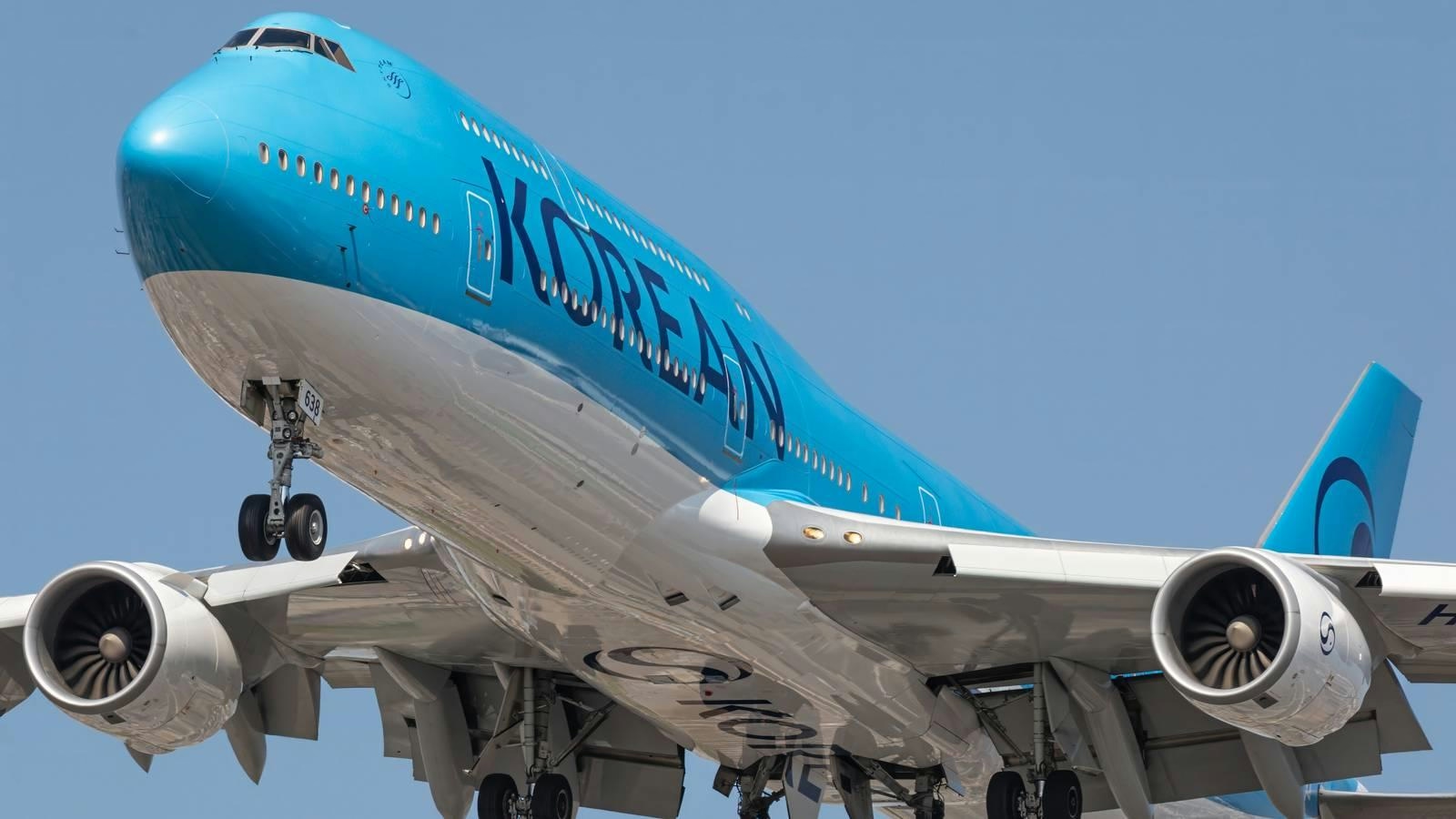AeroGenie — Uw intelligente copiloot.
Trending
Categories
Monthly Flight Frequency of the Boeing 747

Monthly Flight Frequency of the Boeing 747
The Boeing 747, once celebrated as the world’s largest passenger aircraft, has been a defining symbol of commercial aviation since its introduction in January 1970. Pan American World Airways served as the launch customer for this widebody aircraft, which transformed long-haul air travel with its unprecedented passenger capacity and distinctive design. Over more than five decades of production, which concluded in January 2023, Boeing delivered a total of 1,573 units. However, the presence of the 747 in commercial passenger service has significantly diminished, as airlines increasingly retire the model in favor of more fuel-efficient and technologically advanced aircraft.
Current Operators and Flight Frequency
As of mid-2025, only four airlines continue to operate scheduled passenger flights using the Boeing 747: Lufthansa, Air China, Korean Air, and Rossiya, a subsidiary of Aeroflot. Collectively, these carriers maintain a fleet of 44 passenger-configured 747s, primarily comprising the newer 747-8 and the earlier 747-400 variants. Lufthansa leads with 27 aircraft spanning both models, followed by Air China with seven, Korean Air operating five 747-8s exclusively, and Rossiya maintaining five 747-400s, three of which are currently parked.
Data from Flightradar24 for May 2025 indicates a total of 3,269 passenger flights operated by Boeing 747s, coinciding with the peak travel season in Europe. Lufthansa accounted for the majority with 2,180 flights, while Air China and Korean Air recorded 498 and 362 flights respectively. Rossiya contributed 48 flights, and Max Air, a Nigerian carrier, was reported to have operated 124 flights. However, Max Air’s status as an active 747 operator is uncertain, as the airline has retired most of its 747-400 fleet and faced regulatory scrutiny following a safety incident in 2023.
By September 2025, the number of scheduled 747 flights had declined sharply to 1,460, according to Cirium. This reduction reflects the typical seasonal downturn in demand during colder months. Notably, Max Air was no longer listed among active 747 operators, underscoring the ongoing contraction of the aircraft’s role in passenger service.
Industry Challenges and Market Dynamics
The fluctuating monthly flight frequency of the Boeing 747 is influenced by several broader industry challenges. The Asia-Pacific region, a critical market for widebody aircraft, continues to experience an uneven recovery from the COVID-19 pandemic. Passenger demand and flight activity in this region remain below pre-pandemic levels, which has adversely affected the utilization of large aircraft such as the 747.
Boeing itself faces significant obstacles, including persistent production difficulties and a substantial net debt burden. These financial and operational challenges have raised concerns among investors and may constrain the company’s capacity to support and maintain its legacy widebody fleet. Meanwhile, competitors like Airbus have capitalized on Boeing’s setbacks, recently surpassing Boeing in aircraft deliveries and actively expanding their market share amid Boeing’s production delays.
In response, Boeing has shifted its strategic focus toward increasing production of its more modern 737 and 787 models. While this approach aims to strengthen Boeing’s position in the single-aisle and mid-size widebody segments, it also signals the gradual phase-out of the 747 from commercial passenger operations.
The Future of the 747
With only a limited number of airlines continuing to operate the Boeing 747 and flight frequencies steadily declining, opportunities for passengers to experience this iconic aircraft are rapidly diminishing. As the aviation market evolves and carriers modernize their fleets, the 747’s role in commercial aviation is fading, marking the close of an era for the world’s first partial double-decker jetliner.

Emirates Unveils Cabin Design for New Boeing 777X

Eighteen Years On, the Airbus A380 Remains Central to a $34 Billion Airline

How a boom in luxury airline seats is slowing down jet deliveries

Navitaire Outage Attributed to Planned Maintenance

DigiYatra Debuts Outside Aviation at India AI Impact Summit

Vietnam Orders Strengthen Boeing’s Commercial Outlook

Airbus Signals Uncertainty Over Future A400M Orders

JobsOhio Awards $2 Million Grant to Hartzell Propeller for Innovation Center

Collins Aerospace Tests Sidekick Autonomy Software on YFQ-42A for U.S. Air Force CCA Program

How the Airbus A350-1000 Compares to the Boeing 777
